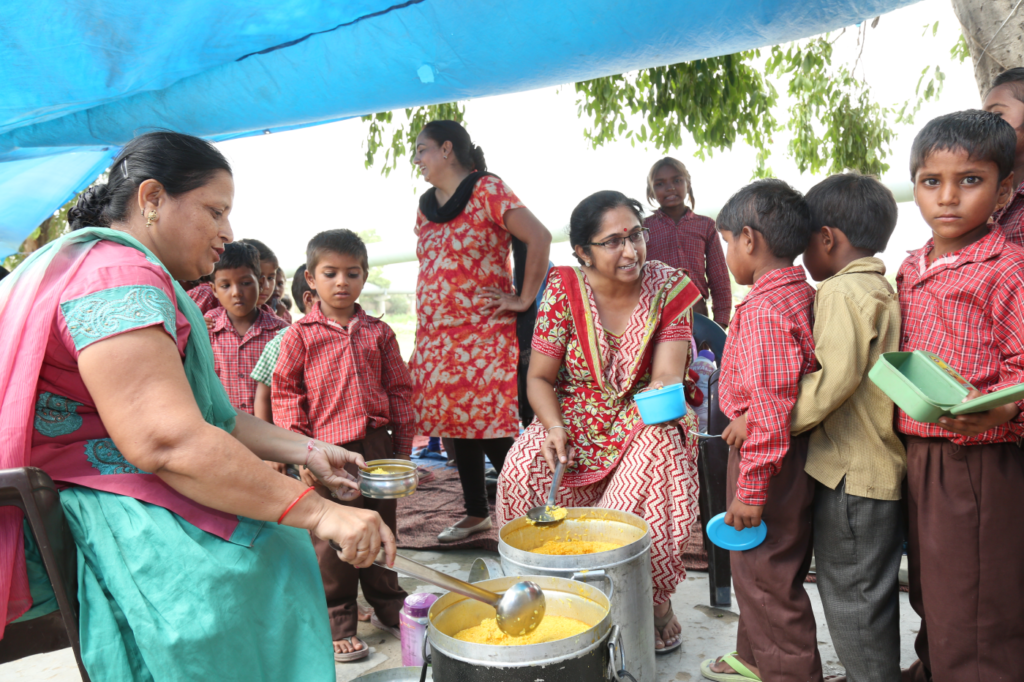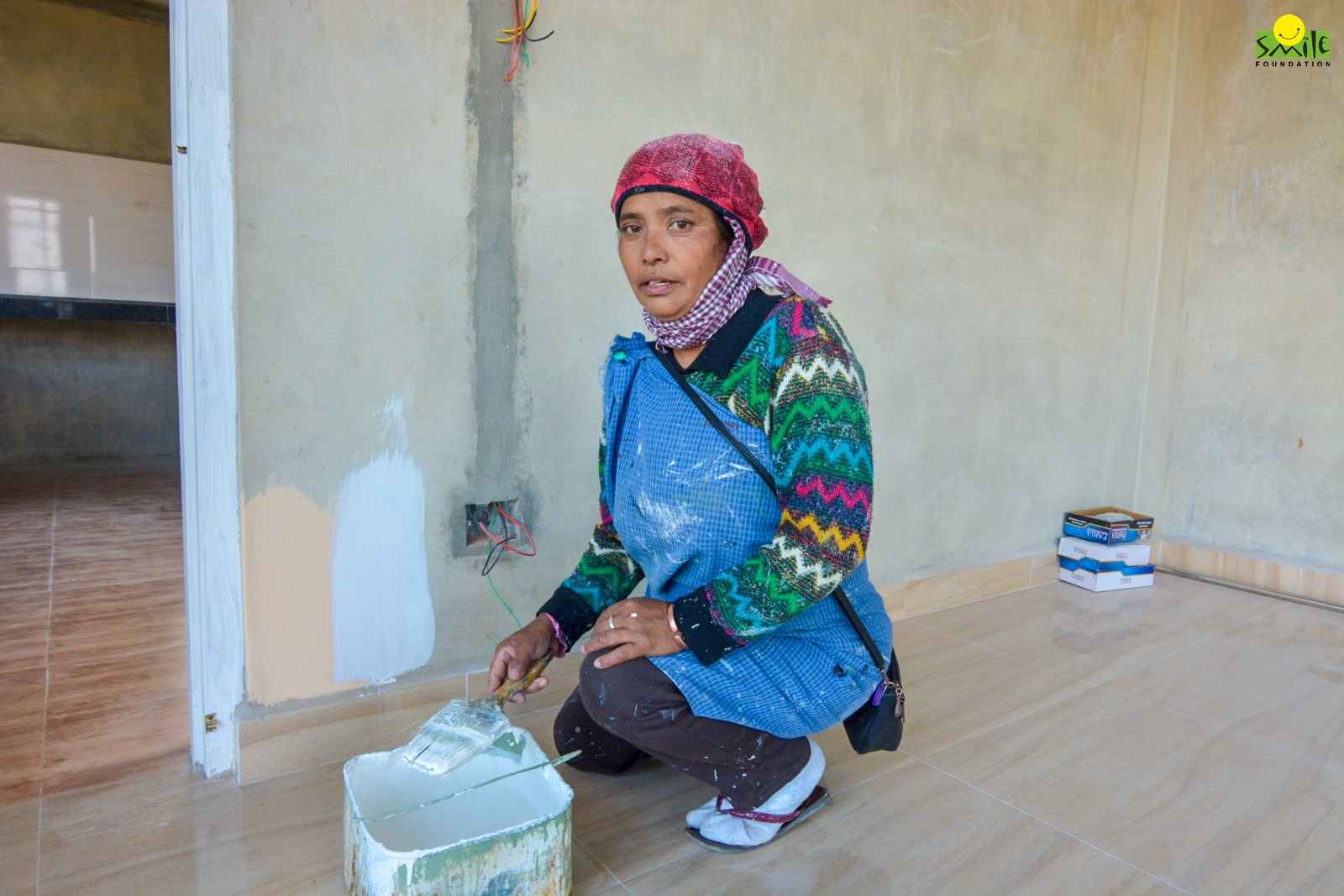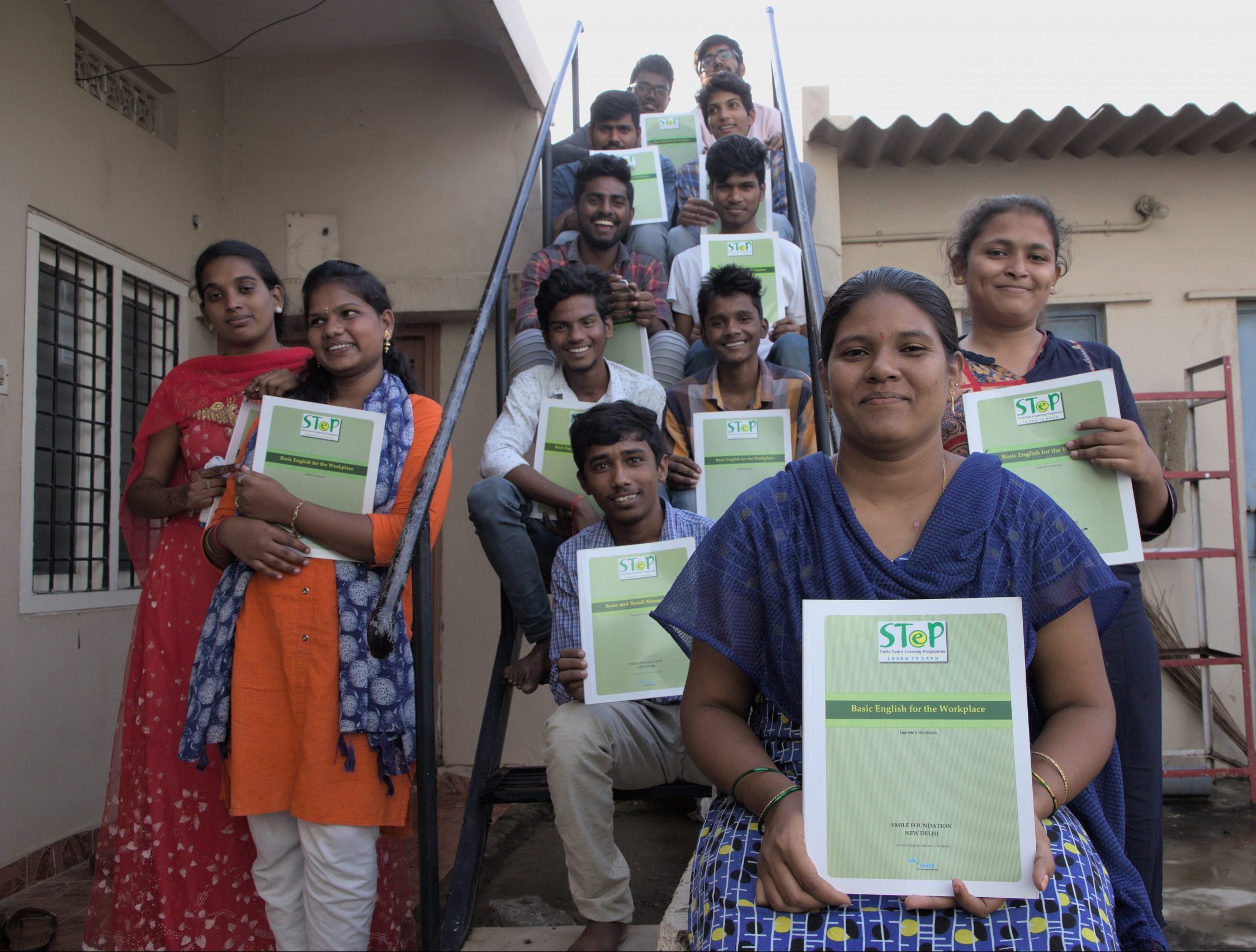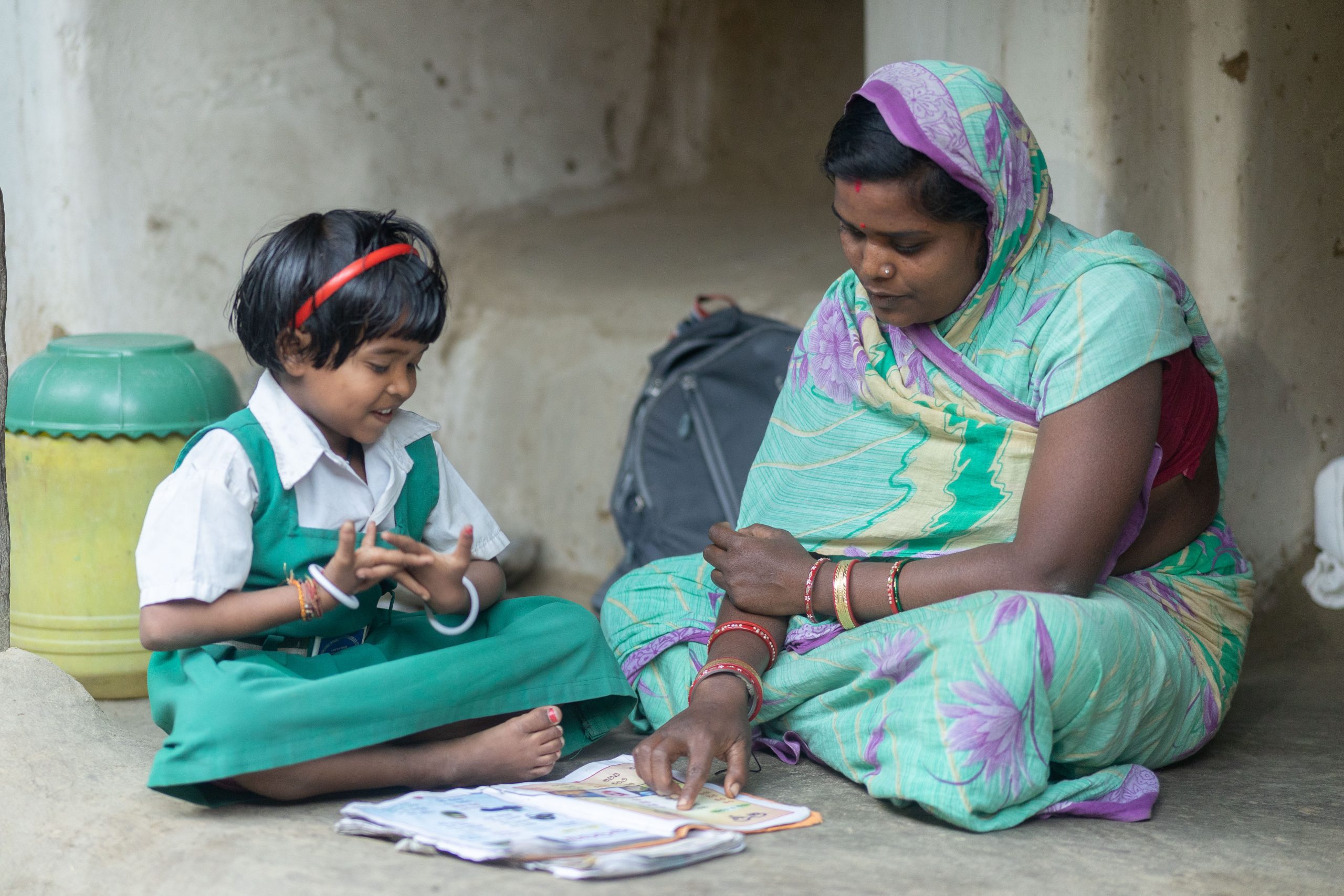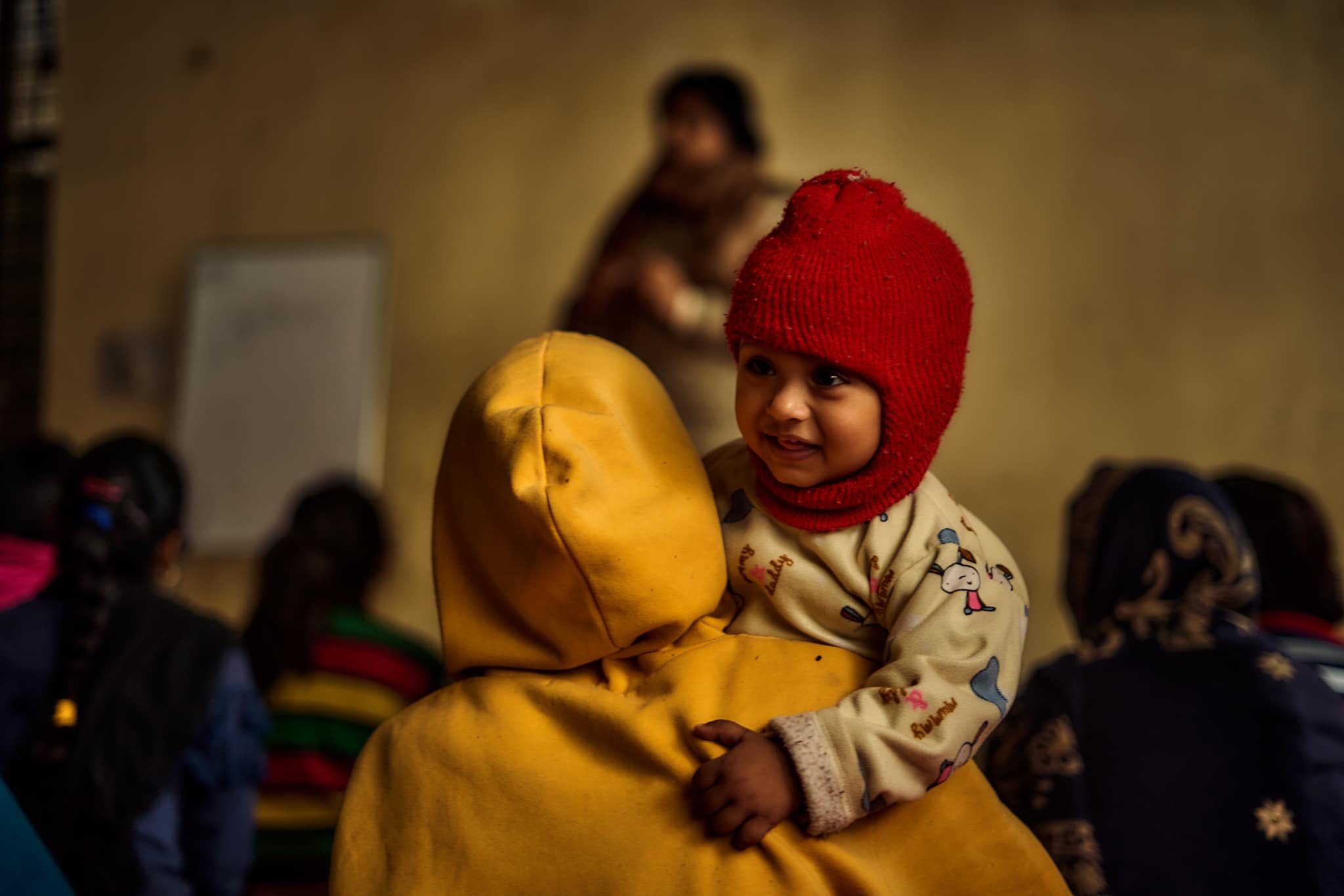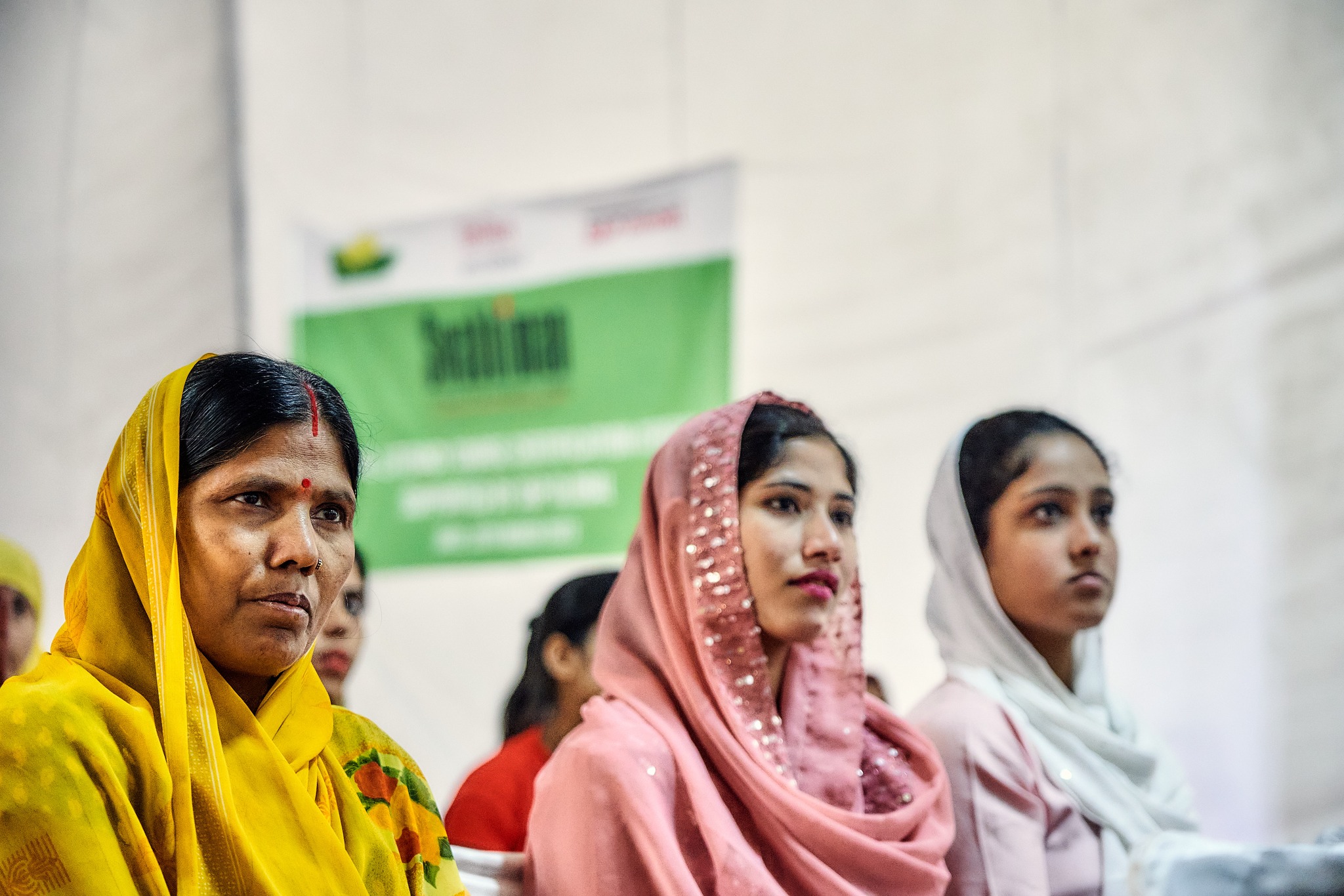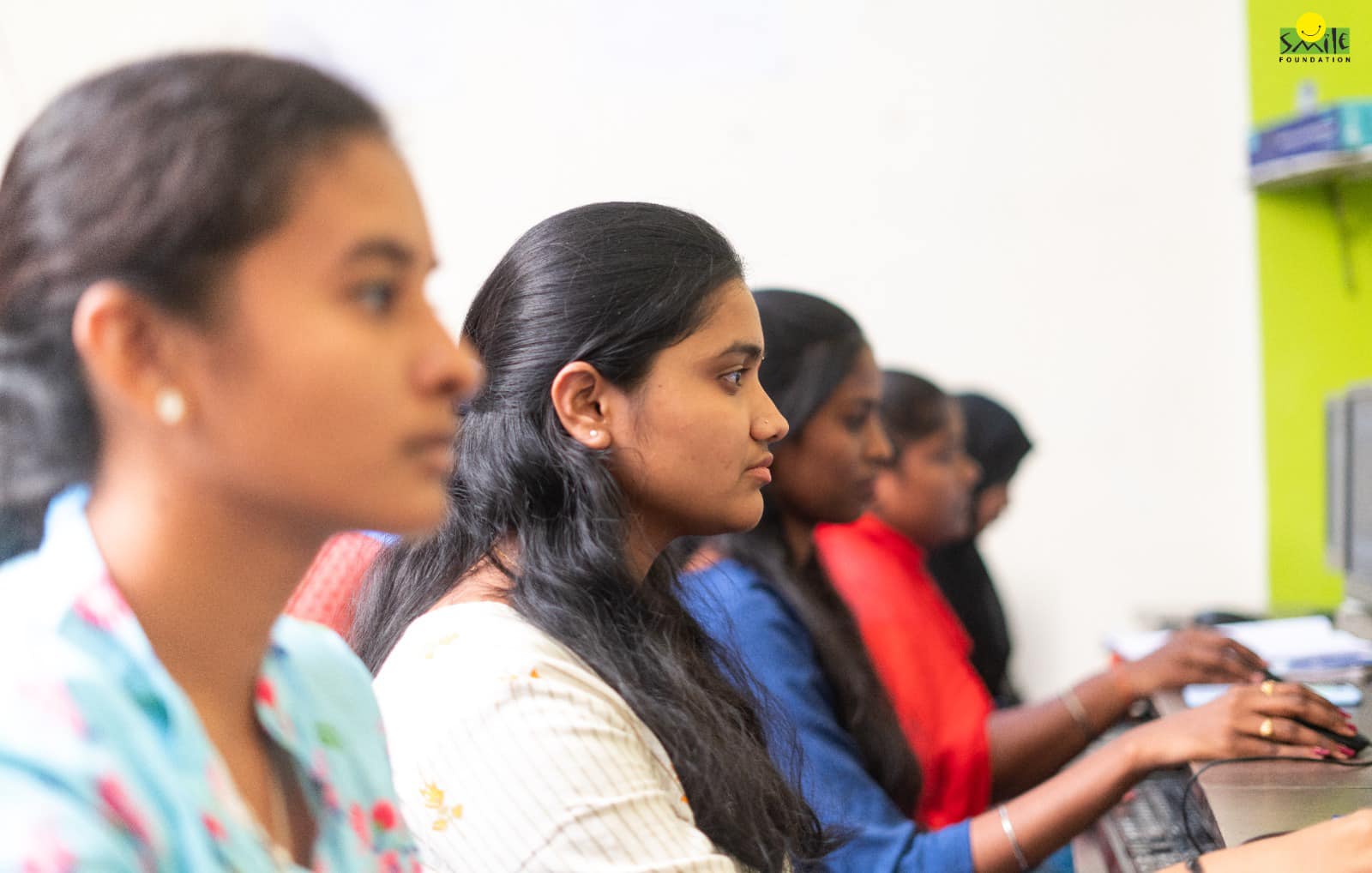When the year 2020 began, it was not much out of ordinary. However, there still were 135 million people in the world who were struggling with starvation and consistent lack of sustenance and need help. As the year drew on, the world was faced with a situation that it was not prepared to deal with – Coronavirus or COVID-19 pandemic. The disease has affected over 4.5 million people across the world since its outbreak in December and now threatens global food security for millions of people around the world.
As of April 2020, analysts at the World Food Program have estimated the number of people facing extreme hunger to double by the end of the year to 265 million. In fact, the executive director of WFP has estimated that people might face famine in about three dozen countries worldwide due to the problems global food security is suffering at the moment.
With one-third of the world population shut inside their houses to avoid getting infected by the virus, the production, storage, and supply of the essential food grains have taken an immense hit. The manpower required to oversee and help in all the major aspects of producing and handling food crops is presently, either limited to their homes or are in an unfortunate event suffering from the disease.
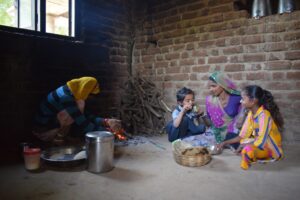
To ensure the food security for their citizens, as many as 14 countries have implemented food export bans on food crops that are crucial to feeding a major part of the population of the countries that import food from these countries. This has caused both shortage of food and a spike in the prices of the food resources available in the market currently.
The shortage of food is not the only factor affecting global food security. In many countries, producers of poultry and meat and even food crops have been forced to destroy their crops as there is a decline in demand on the available produce of grain in hotels and restaurants, and with export bans in place, these food stocks are becoming rancid with each passing day. In 23 countries in Africa and the Middle East, a crisis within a crisis is occurring which immensely threatens global food security with the worst locust infestation in decades. The same has even displaced as many as 12 million people in Africa and brought over 24 million people on the brink of starvation.
On the other hand, farmers from low to middle-income countries are the worst affected in the present scheme of affairs. Farmers in countries, whose major GDP depends on agriculture and thus the livelihood of farmers, are suffering because of the loss of livelihood due to quarantine measures, self-isolation, and aversion behavior in response to an outbreak and require immediate support.
Besides the supply, demand, and production problems that global food security is threatened by, children from low-income families across the world need help as they are suffering due to malnutrition due to the loss of mid-day meals they got in schools which are now shut. Cases of undernourishment are at an all-time high which also has an immense impact on the health and immunity of these children as well as adults. There is also the loss of employment due to lockdowns placed not just in India but across the world that has left people without any source of income to provide for themselves and their families.
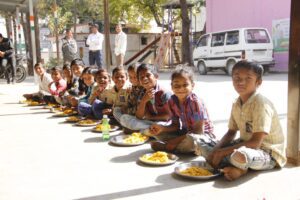
The World Bank alongside WFP has implemented measures to counter the threats to global food security as well as the humanitarian crisis that has originated due to the pandemic. In India, they are supporting women self-help groups, built over a period of 15 years, and tapping the skills of about 62 million women across the country to deal with the pandemic and its externalities.
Following their lead, Smile Foundation has mobilized its resources with the help of local grassroots NGO and volunteers motivated to aid their communities to successfully reach out to people living in urban slums of Delhi, Mumbai, Hyderabad, and other cities, rural villages of Rajasthan, Uttar Pradesh, and Kolkata and tribal communities deep inside the forests of Telangana and Orissa. To date Smile Foundation reached out to 100,000 families and distributed over 9 million meals to people across 19 states in the country to help them cope with the current situation.
Combating the imminent threat to the global food security and playing an active part in the global relief initiative at the national level in India, Smile Foundation has taken the mission to provide food and support to vulnerable and high-risk families, strengthen financial services in rural areas, and disseminate COVID-19 advisories among rural communities.
To support the India Shares initiative of Smile Foundation visit https://www.smilefoundationindia.org/smile-fights-covid19/



